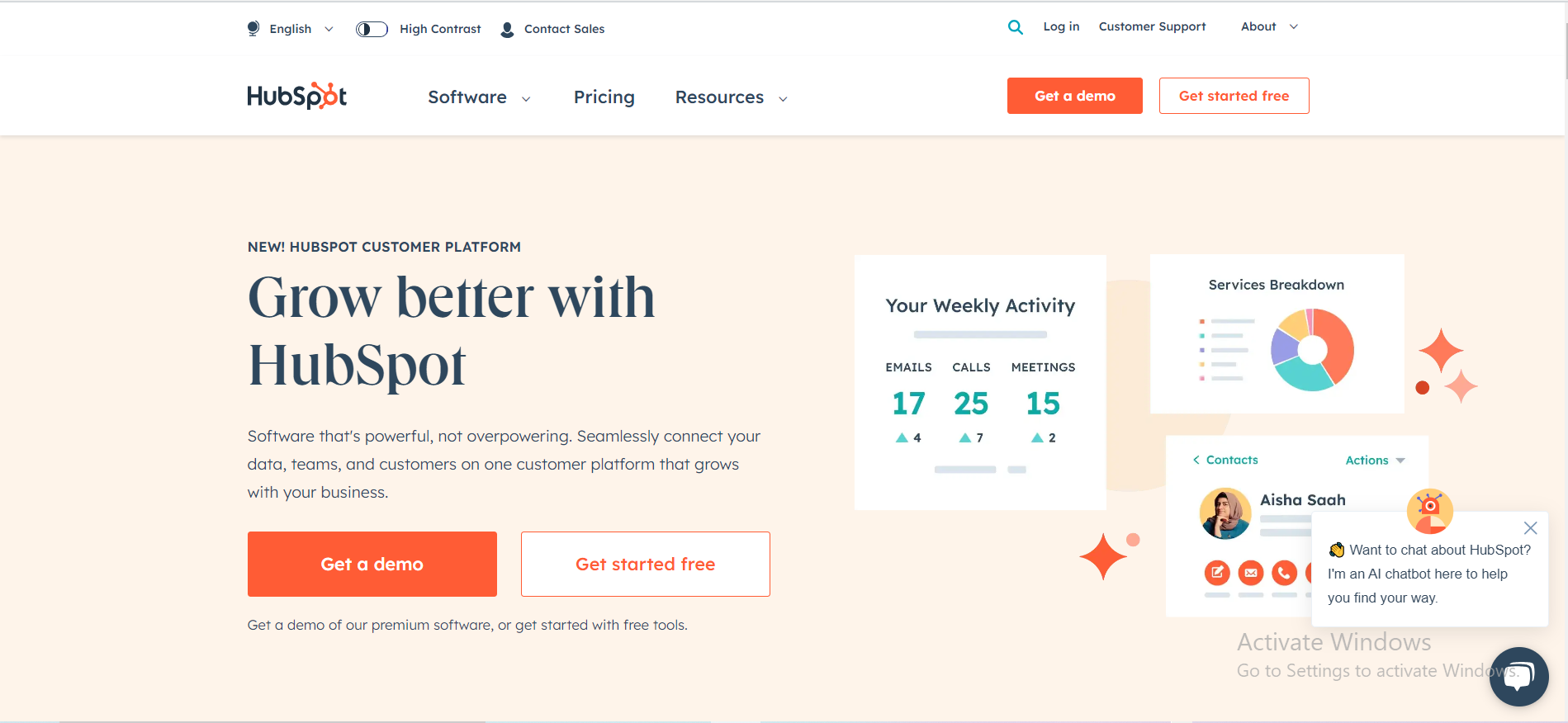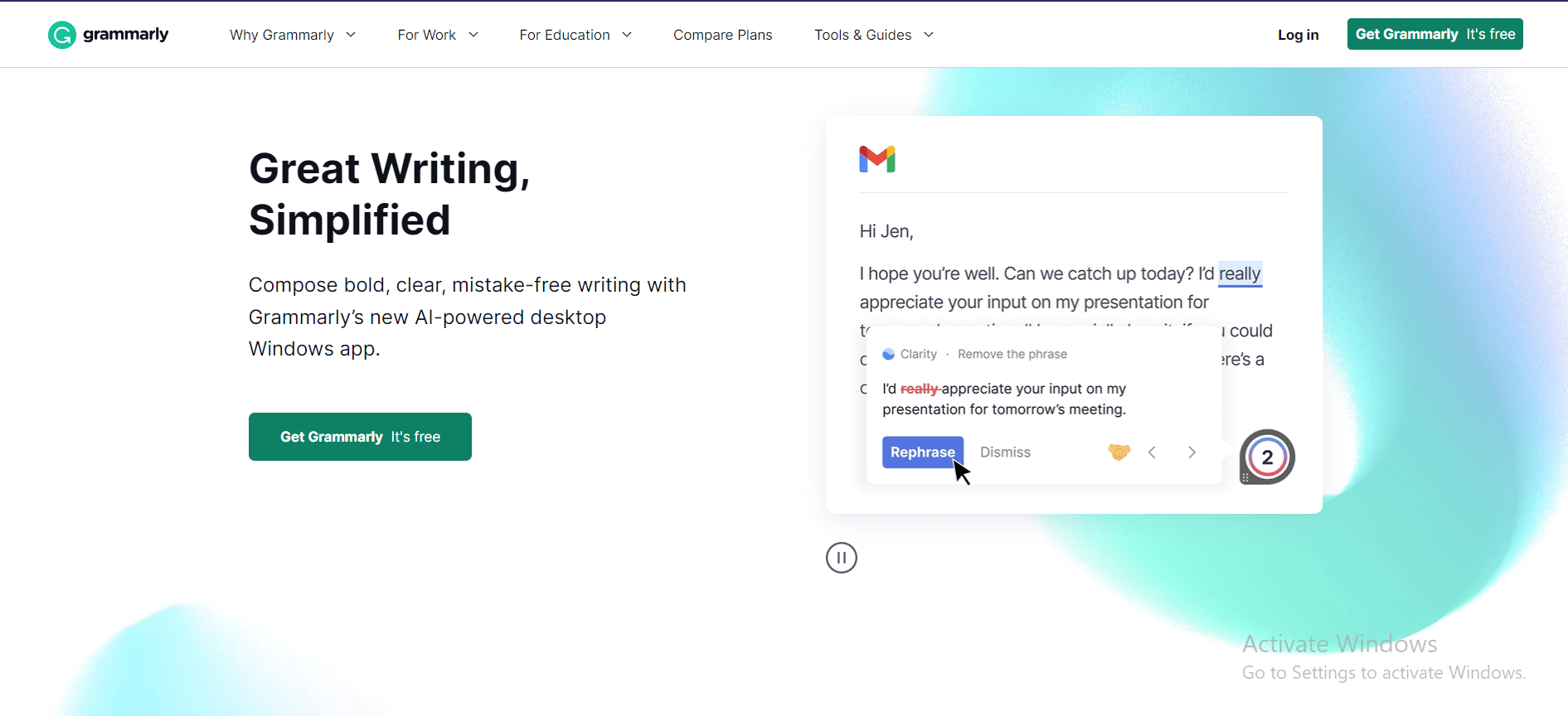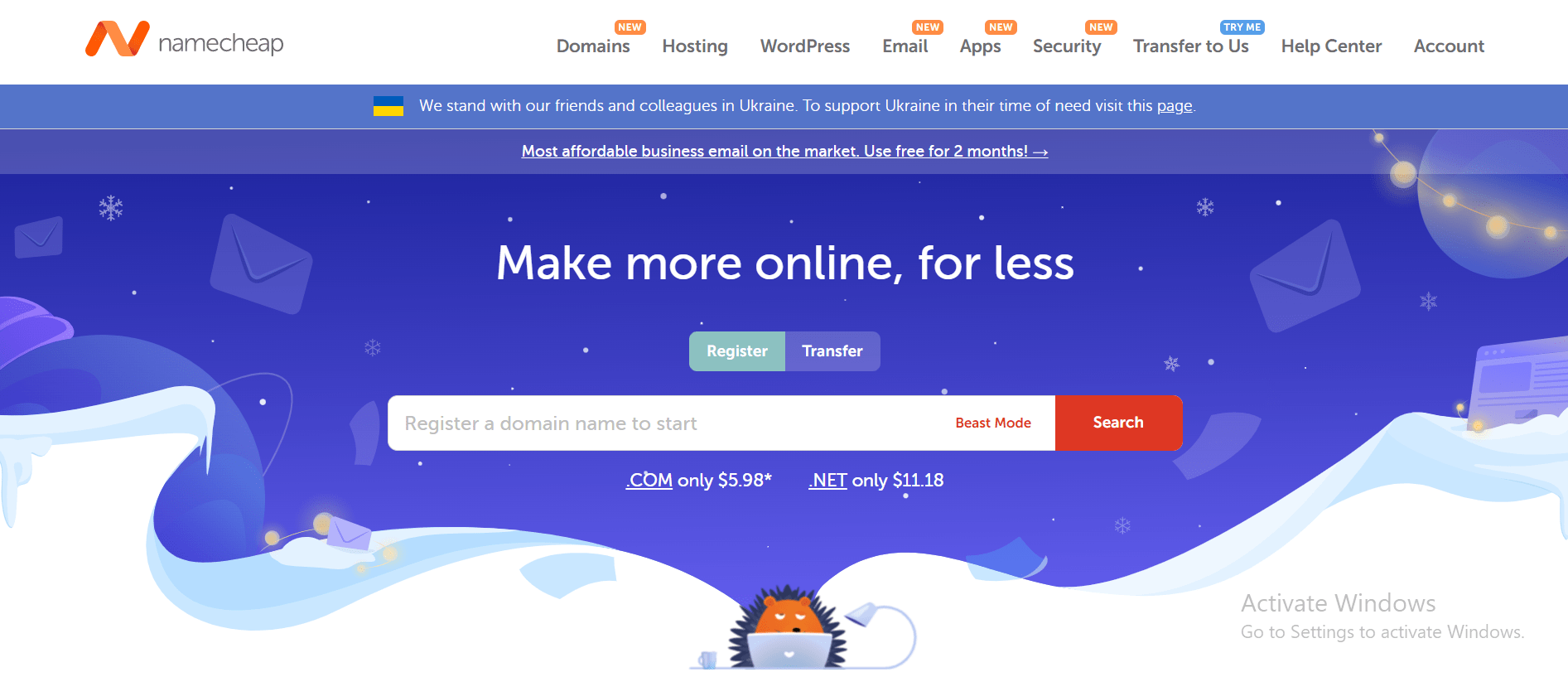Introduction.
HubSpot, a powerful customer relationship management (CRM) platform, and QuickBooks, a leading accounting software, are two industry giants that businesses often rely on for sales, marketing, and financial management.
The ability to integrate HubSpot with QuickBooks opens up a world of possibilities, allowing businesses to sync crucial data, automate processes, and gain valuable insights into their customer interactions and financial performance.
By merging these two platforms, companies can enhance their overall efficiency, accuracy, and decision-making capabilities.
In this article, we will explore the possibilities and benefits of integrating HubSpot with QuickBooks.
Let’s dive into the world of integration and discover how HubSpot and QuickBooks can work hand in hand to optimize your business processes and empower you to focus on what matters most: delivering exceptional value to your customers.
Can HubSpot Integrate With QuickBooks?
The ability to integrate HubSpot with QuickBooks can bring numerous benefits, including streamlined workflows, accurate data synchronization, and improved financial reporting.
In this article, we will explore the possibilities and advantages of integrating HubSpot with QuickBooks, helping you determine whether this integration is the right fit for your business.
1. Streamlined Data Synchronization.
Integrating HubSpot with QuickBooks allows for seamless data synchronization between your CRM and accounting software.
This integration enables the automatic transfer of key information, such as customer and financial data, between the two platforms.
With real-time data synchronization, you can ensure that your sales and marketing teams have access to up-to-date customer information while your finance team can accurately track and manage financial transactions.
2. Time-Saving Automation.
One of the significant benefits of integrating HubSpot with QuickBooks is the ability to automate repetitive tasks and streamline processes.
For example, when a new lead converts into a customer in HubSpot, the integration can automatically create a corresponding entry in QuickBooks, eliminating the need for manual data entry and reducing the risk of errors.
This automation not only saves time but also improves data accuracy and frees up your team to focus on more strategic activities.
3. Enhanced Financial Reporting.
Integrating HubSpot with QuickBooks provides a holistic view of your business’s financial performance.
The integration allows you to generate comprehensive financial reports that combine data from both platforms.
You can track revenue, expenses, and other financial metrics alongside customer-related data, enabling you to gain valuable insights into the impact of your marketing and sales efforts on your bottom line.
This integration empowers you to make data-driven decisions and align your financial strategies with your customer acquisition and retention goals.
4. Improved Sales and Customer Service.
The integration between HubSpot and QuickBooks enhances your sales and customer service processes.
By having access to up-to-date financial data from QuickBooks within HubSpot, your sales team can understand the purchasing history and payment status of customers, enabling them to provide more personalized and informed sales experiences.
Additionally, your customer service team can quickly access order information, invoices, and payment details, leading to more efficient issue resolution and improved customer satisfaction.
5. Customization and Scalability.
Both HubSpot and QuickBooks offer customization options and scalable features that cater to businesses of various sizes and industries.
The integration between these platforms can be customized to meet your specific business requirements.
You can map fields, define workflows, and set up rules to ensure that data flows seamlessly between the two systems in a way that aligns with your unique processes and needs.
As your business grows, the integration can scale accordingly, accommodating increased data volume and complexity.
Sponsored.
Dear reader, I am excited to introduce you to a list of products and services that I believe can make a positive impact on your digital journey. As a blogger, I am committed to easing your journey to digital salvation.
My latest offering is a cutting-edge product and service that is designed to address a common problem faced by many people today when trying to navigate their digital journey.
I understand that there are many options available in the marketplace today, which is why I am recommending a few that solve your problems.
So if you are ready to take your Digital life to the next level. Check out the link to the products below, and choose which ones suit your needs.
1. Hubspot.

Are you ready to take your business to the next level? Look no further than HubSpot, the all-in-one inbound marketing, sales, and customer service platform that’s transforming the way companies grow.
HubSpot offers a comprehensive suite of tools designed to help you attract, engage, and delight customers.
From attracting visitors to closing deals, and even retaining delighted customers, HubSpot has you covered at every stage of the customer journey.
Over 100,000 businesses of all sizes and industries trust HubSpot to help them grow. Whether you’re a small startup or a global enterprise, HubSpot can scale to meet your needs.
Don’t miss out on the opportunity to transform your business and marketing efforts. Join the HubSpot family and experience the power of inbound marketing, sales automation, and customer relationship management like never before.
Ready to supercharge your business growth? Click the link below to get started with HubSpot today.
TRY IT NOW – Hubspot.com
2. Grammarly.

Many users have reported that Grammarly has helped them improve their writing skills and catch errors that they may have otherwise missed.
The tool is praised for its accuracy and ability to provide detailed feedback and suggestions that help users understand and correct their mistakes.
In addition to its core functionality, Grammarly also offers a browser extension that can be used to check spelling and grammar on a variety of websites, as well as a desktop application that allows users to check their writing offline.
While some users have reported occasional glitches or inaccuracies in the software, the vast majority of reviews of Grammarly are positive, with users citing its ease of use, accuracy, and helpfulness in improving their writing skills.
Overall, Grammarly is a highly recommended tool for anyone looking to improve their writing, whether for personal or professional purposes.
TRY IT NOW – Grammarly.com
3. Namecheap.

The company is known for its affordable prices, user-friendly interface, and reliable customer support. One of the key benefits of Namecheap is its pricing, which is often significantly lower than that of its competitors.
The company also offers a range of hosting options, including shared hosting, VPS hosting, and dedicated servers, making it a good choice for businesses of all sizes.
In addition to its hosting services, Namecheap also offers domain registration, website builder tools, and SSL certificates, making it a one-stop shop for website owners looking to establish an online presence.
Many users have reported positive experiences with Namecheap’s customer support team, citing their responsiveness and helpfulness in resolving issues and answering questions.
The company also offers a knowledge base and community forums where users can find answers to common questions and connect with other website owners.
While some users have reported occasional technical issues or slow load times, the majority of reviews of Namecheap are positive, with users praising the company’s affordability, user-friendly interface, and reliable service.
Overall, Namecheap is a solid choice for anyone looking for affordable and reliable web hosting and domain registration services and is highly recommended by many of its users.
TRY IT NOW – Namecheap.com
Conclusion.
Integrating HubSpot with QuickBooks can be highly advantageous for businesses looking to streamline their operations, improve data accuracy, and gain valuable insights into their financial and customer-related metrics.
The synchronization of data, automation of tasks, and enhanced reporting capabilities make this integration a powerful tool for driving business growth and efficiency.
Evaluate your business needs, assess the compatibility of these platforms with your existing systems, and consider the benefits outlined in this article to determine whether integrating HubSpot with QuickBooks is the right choice for your organization.






GIPHY App Key not set. Please check settings